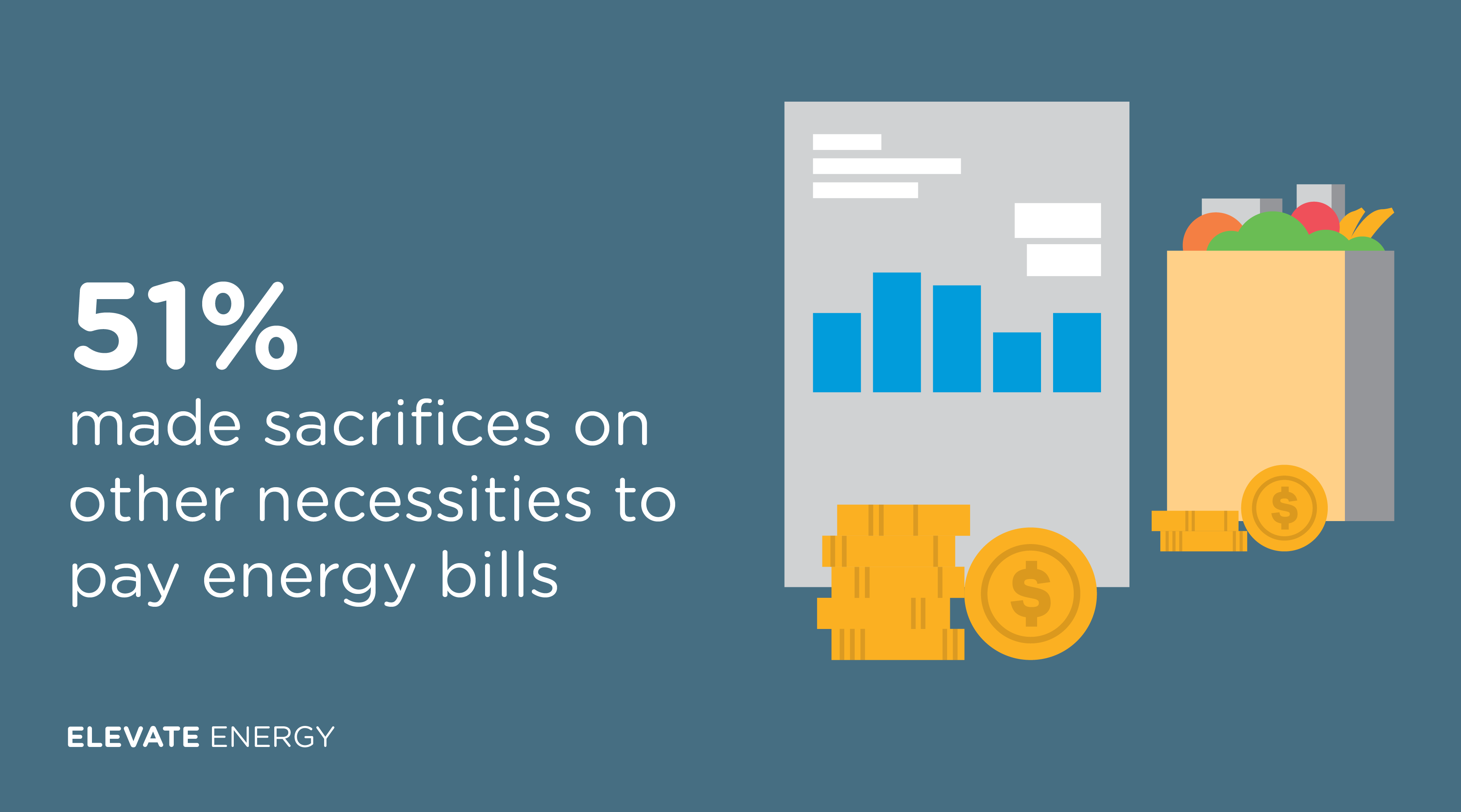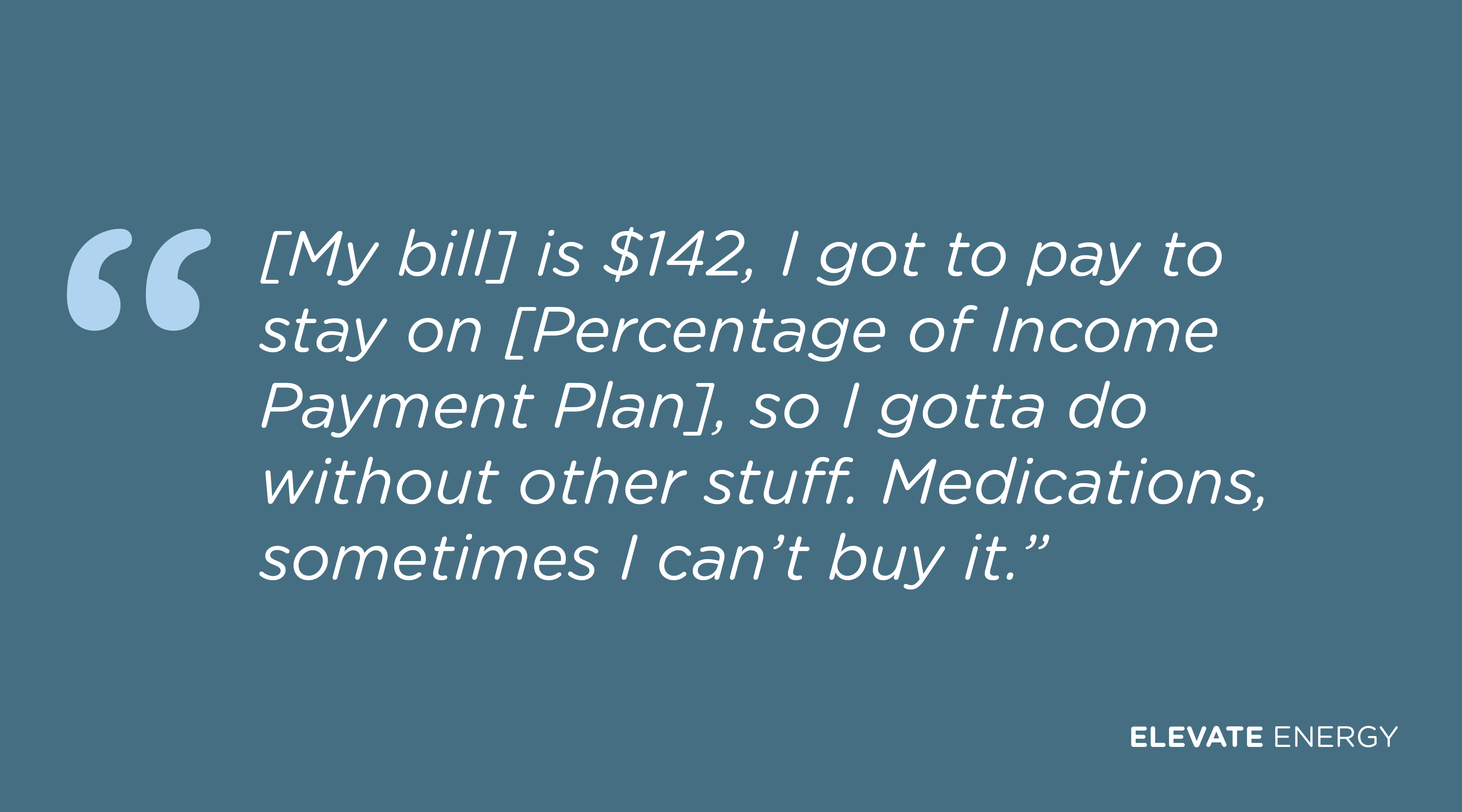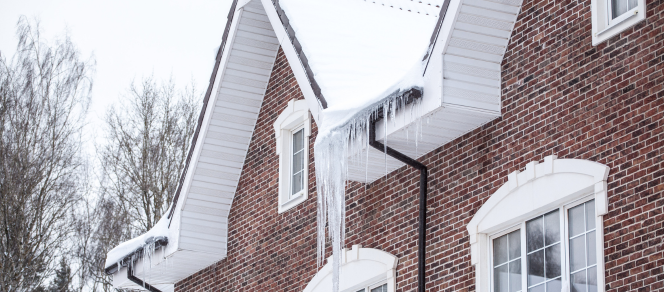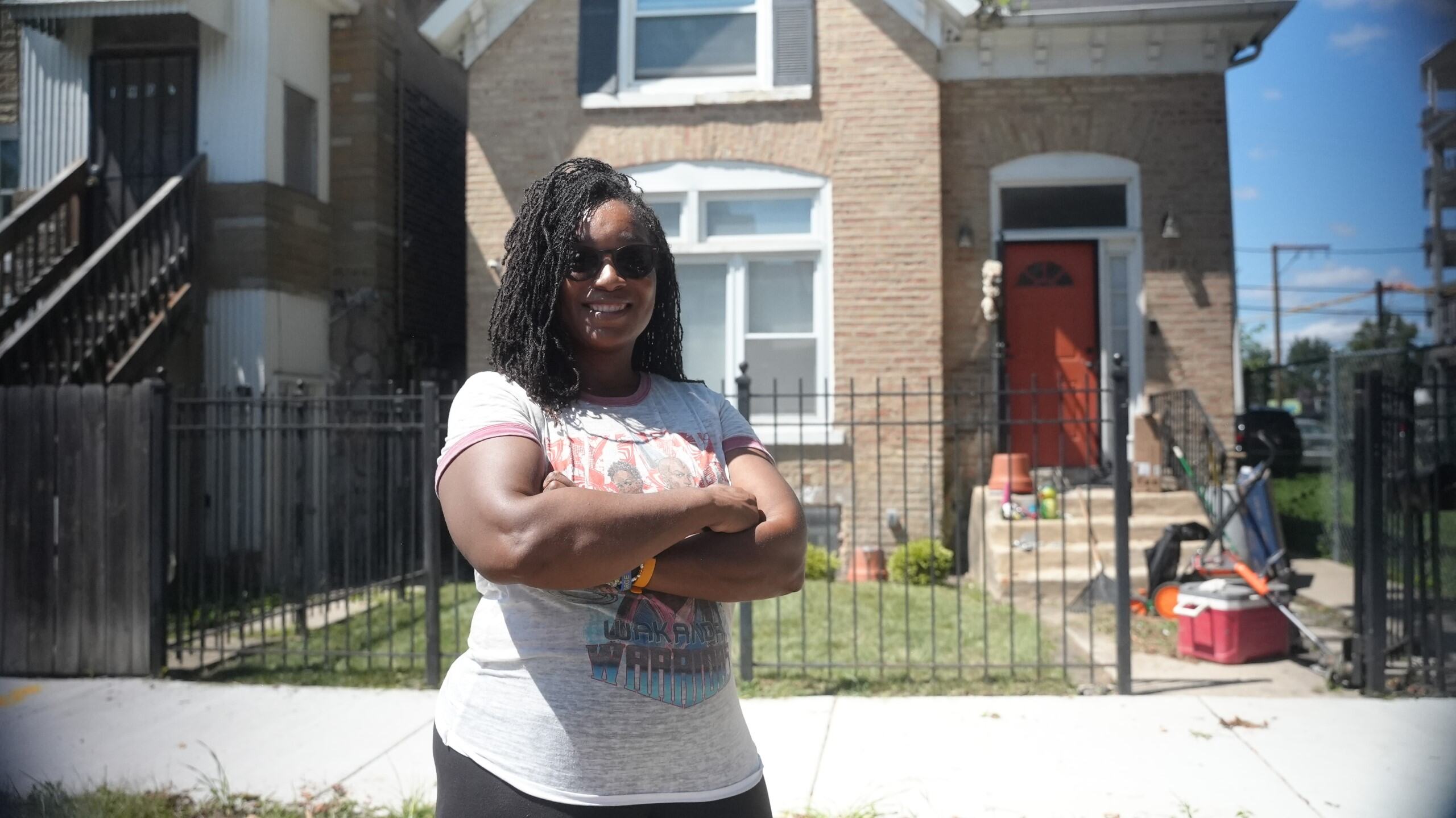Too Many Chicago Families Struggle with Energy Insecurity
As temperatures drop across Chicago, many families will struggle to keep their homes at a comfortable temperature they can afford. The term “energy insecurity” describes experiences like struggling to afford utility bills, falling behind on payments, being uncomfortable at home, or receiving shut-off notices. We talked to homeowners across the city with lower incomes this spring and summer and found that more than 89% of those we spoke to experienced energy insecurity from 2018 to 2019. We tell their stories in our new report, “Energy Insecurity Among Chicago Homeowners: A Picture of Families Struggling to Keep Up” and an accompanying fact sheet.
The households we heard from are largely senior led (54%) and have higher than average utility and water bills. Half of households reported using the stove for supplemental heat, moving to different rooms, and/or leaving the house entirely to address the high cost of maintaining a comfortable temperature. Some of these coping strategies, like using the oven, pose safety and public health risks. About two-thirds of households kept their home temperature at an uncomfortable level to save money. Only 38% of respondents received assistance to pay for their bills; the Low-Income Home Energy Assistance Program (LIHEAP) was the most common form of assistance.

Another theme we heard was that families often reduce spending on things like medications to avoid utility shut-off or losing their utility assistance.

Of course, we could not tell the story of energy insecurity in Chicago without the families across the city who took our survey, sat down with us, and shared their experiences. These stories tell us our work is needed more than ever. We are also grateful to Dr. Diana Hernández, a leading researcher of energy insecurity, who dedicated her time and talent to this work.



